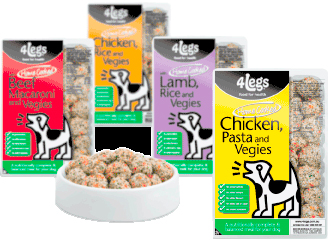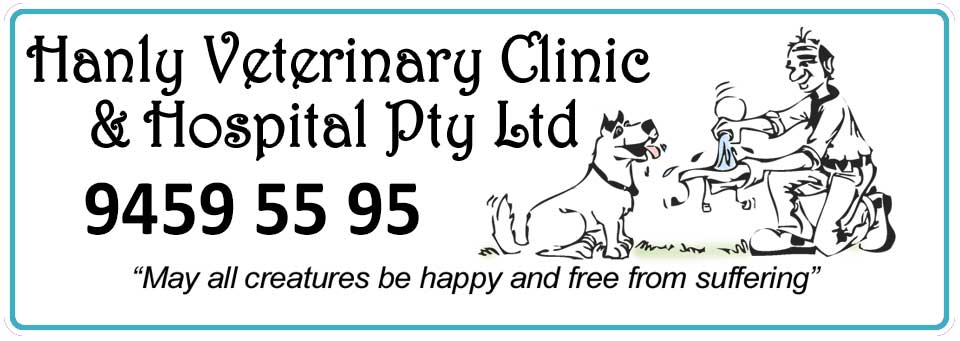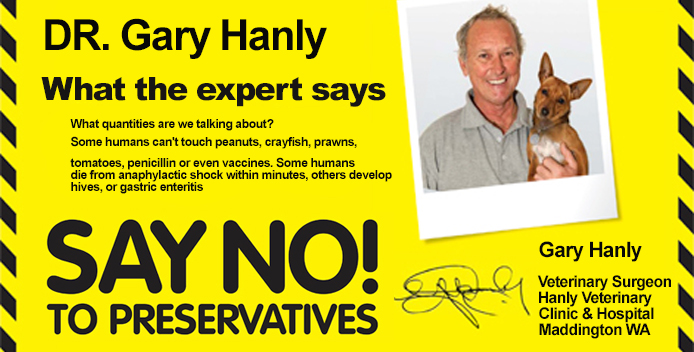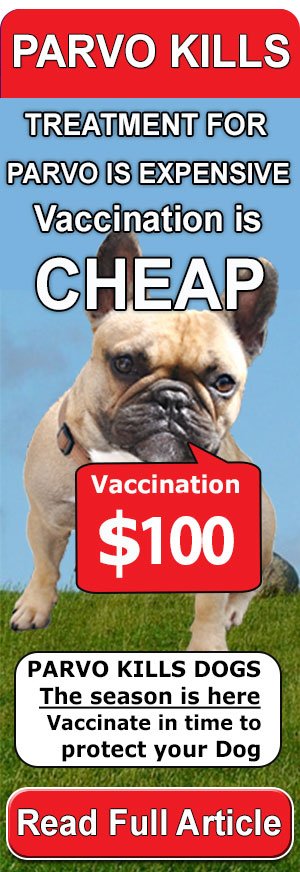Hanly Vets talk about Harmful Foods to Pets
The whole issue of eggs, milk, chocolate, potatoes, grapes, and onions is now lost to gross generalisation and diet mythology.
Of course someone somewhere, sometime will react to something and this makes big news. A lot of nonsense is spread around in the human and
veterinary scientific and academic circles as well as the general population. The broad generalisations become a fixed dogma, the
mythology the “gospel truth.”
Some examples:
EGGS;
Perhaps 50 years ago a scientist wanted to know what biotin did in the body. How to induce biotin deficiency? Egg albumin binds biotin in the gut stopping absorption into the body eventually inducing biotin deficiency. 12 eggs were fed daily to a dog for 1 year resulting in biotin deficiency. So the myth became eggs are bad, dangerous for dogs and spread internationally. Realistically; who feeds that many eggs daily for a year?
One to two eggs weekly for a cat or dog is a perfectly balanced supplement to a normal diet. Eggs make the coat beautiful and the animal is healthier and happier. The farm dog that raids the chook house and gets the eggs always has the best coat. Just like humans, a few dogs and cats may react to certain foods. The odd one has cow milk allergy, grape allergy (usually red grapes), potatoes, onions, chocolate, peanuts etc.
What quantities are we talking about?
Some humans can’t touch peanuts, crayfish, prawns, tomatoes, penicillin or even vaccines. Some humans die from anaphylactic shock within minutes, others develop hives, or gastric enteritis. This is the same with animals. All are exceptions, rare individuals within a large population.
The same applies to your pets which brings me to the chocolate mythology.
Read about the Chocolate myth in this article.
In our busy Hanly Vets practice, we can feed up to 50 animals per day, therefore we choose to use a pre prepared natural diet with “NO PRESERVATIVES”



